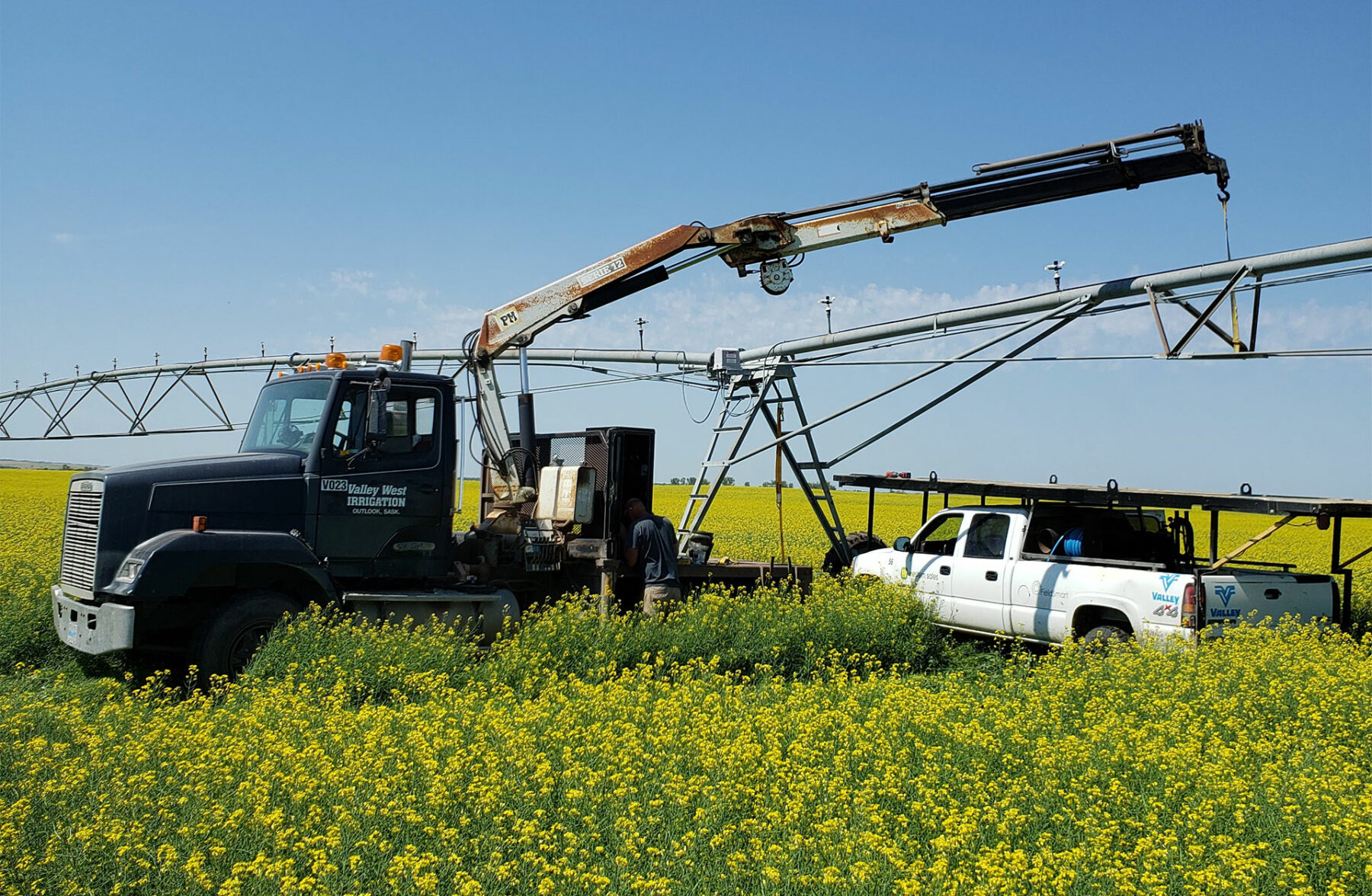Irrigation technology has been developed over the centuries to improve crop yields and efficiency. The use of modern irrigation technology can help farmers to better control water distribution, reduce water losses, and maximize crop production.
Irrigation technology can be used to apply water to crops in an efficient and controlled manner. This can be done by using water pumps, sprinklers, or drip systems. These systems allow farmers to apply water directly to the soil, thus reducing water loss through evaporation and runoff. It also helps to conserve water by preventing water from entering the soil unnecessarily.

Another way that irrigation technology can improve crop yields and efficiency is by reducing the amount of labor required for farming. Automated systems can be used to increase the efficiency of irrigation, requiring less manual labor and time for farmers. Automated systems can also help to reduce the amount of water that is wasted, helping to conserve valuable resources.
By using modern irrigation technology, farmers can also help to reduce soil erosion and improve soil fertility. This helps to keep soils healthy and productive, improving the quality of crops and increasing yields.
Overall, irrigation technology is an important tool for farmers to use to improve crop yields and efficiency. By using modern irrigation technology, farmers can help to reduce water losses, conserve resources, and reduce labor requirements. This can help to ensure that crops are healthy and productive, helping to feed a growing population.
